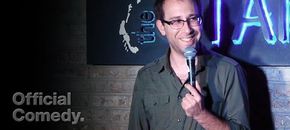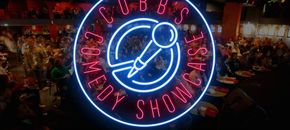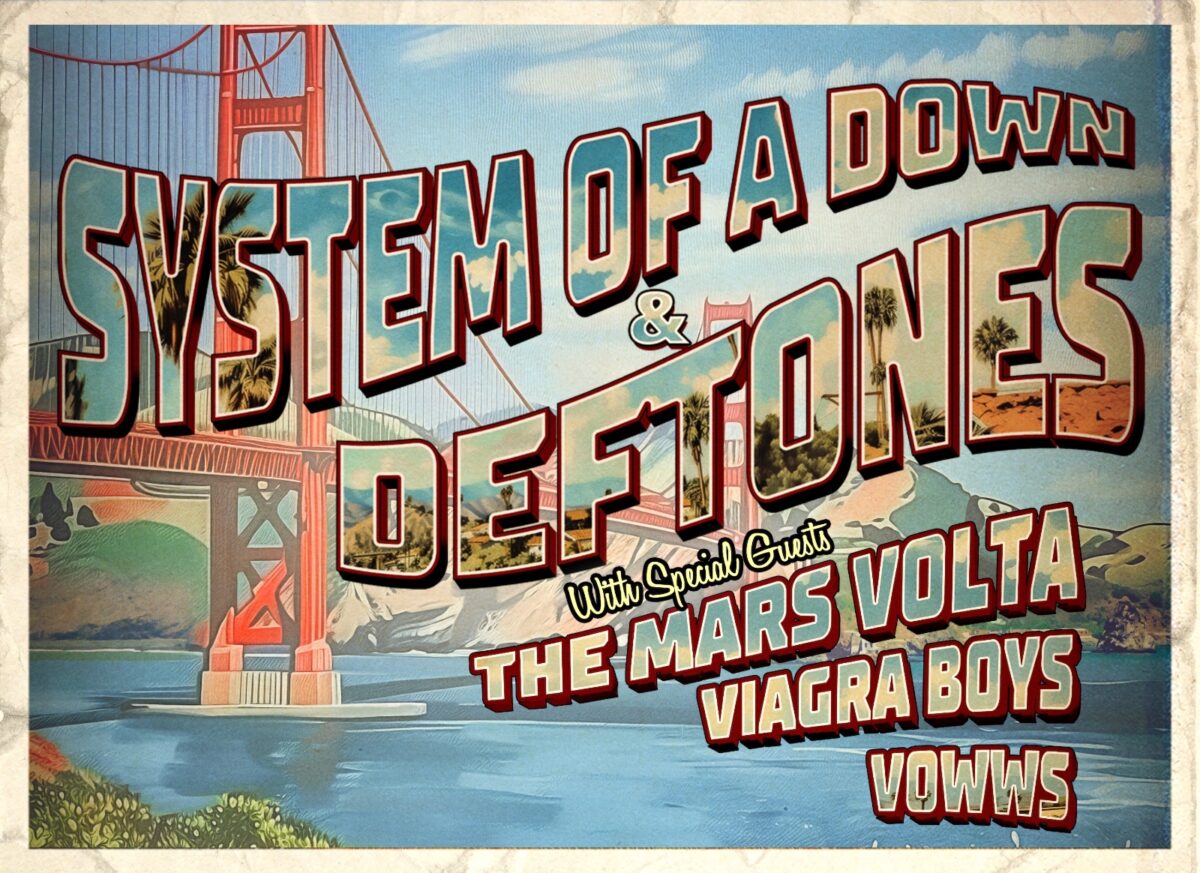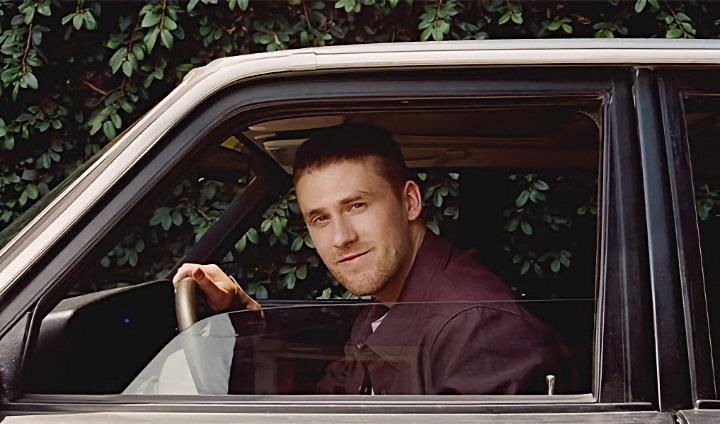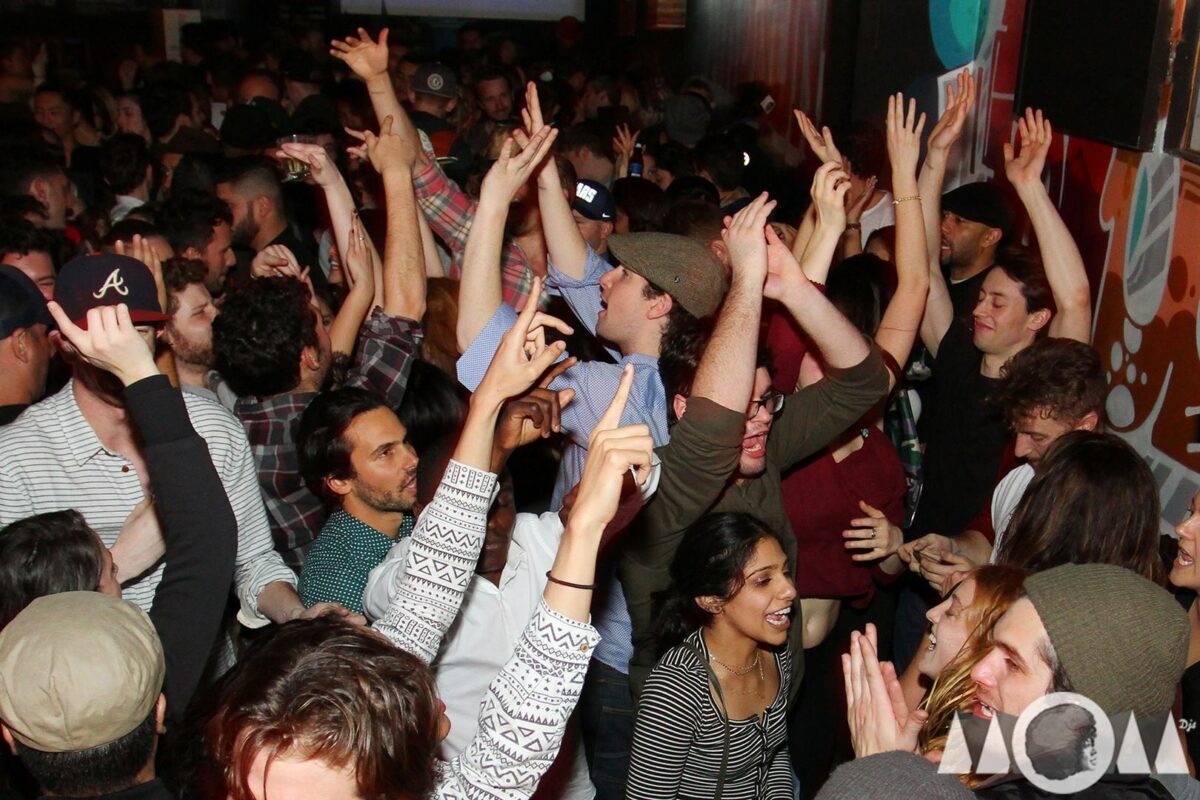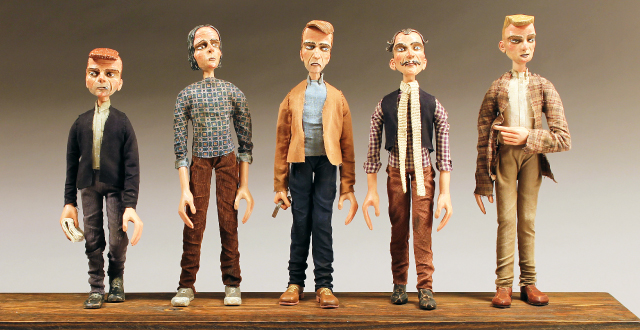‘A New Testament’ and a New Chapter for Christopher Owens

San Francisco’s Christopher Owens returns to the stage for a hometown show this week with A New Testament, a new gospel-country record that continues his musical evolution since the breakout success of his band Girls.
After battling with his musical identity with that band and it’s eventual dissolution, Owens continues to explore ideas that don’t always match the expectations of the media and all of his fans—and he’s OK with that.
“I had to decide if I was going to go along with what was expected of me or to do my music regardless of what some of the people that liked me before would think,” Owens Says. “Do I cater to that or not? It became very important for me to just do what I wanted to do. … I learned I’ll always have an audience and it doesn’t have to be all the hippest people in the world.”
Owens plays the Great American Music Hall on October 11.
Your last record was released less than two years ago. How are you able to release music so quickly?
I’m doing an album a year. For me, it doesn’t feel like I’m working quickly. Recording once a year doesn’t feel like such a pinch for a recording artist. I spend most of year touring so there are parts of me that I could see myself doing more. When I look at other artists I know or the record releases of others, I do see bands putting out records once every three or four years. So yeah, my work is pretty consistent, kind of like the tortoise in the “Tortoise and the Hare,” slow and steady.
Do you look at being a professional musician in a competitive light?
No, I really don’t care that much about what anyone else does. It’s a very introspective process for me. I guess I compete with myself, but what other people do does not have much effect on me.
Your latest release is a traditional gospel-country record. Tell me a bit about your childhood and your first experience with gospel and country music.
In my childhood, I didn’t listen to secular or produced music. Gospel would have been lumped in there as music that was not supposed to be listened to. I did have a very rich environment and spiritual music around me, but I didn’t listen to much recorded country and gospel until I was much older. I moved out on my own at 16 and all the music I was excited to listen to then was alternative rock and later on, punk music. It wasn’t until I was in my mid-20s that I started to ease into being ok with listening to gospel and country.
I found right away with both of those genres that I felt very comfortable with them. It felt familiar and I related to them easily. I understood what they were about and what they were trying to do through the medium.
Now that you have finally made your country album, what is next for you?
I think what will be next is something very different. I have checked this off a broader list of things that I really like. It won’t be another even more country album. It will be some other thing because I like a lot of different kinds of music. I look at albums as an opportunity to check things off my list, and to do whimsical things and try and do things that are fun and go different places.
But I think I will always try to keep something that is very familiar and have it sound like it is coming from the same person. There are some other things I have not explored. I love music with orchestration and strings. I have not gotten to do that, and I don’t know if it will be next, but I’ll follow the next whim.
How do you feel about music being your day job? It must be a surreal experience to be able to do that, especially in 2014 when there is very hard to make a living as a musician.
Yeah, it is surreal. There are all kinds of daily logistical aspects that occur. You find that so much of your life and tasks are not actually playing music, but are things that you have to do in order to get to play a show that night. It is interesting to see all that. I have had periods where those kinds of things were more frustrating than others, but with this album I’m having a pretty good time. A lot of it has to do with the band that you bring on tour and I’m very happy to be playing with everyone I’m playing with now. We’ve all played together before, and we’ve all taken time to do other things and now we’re all playing together again. It’s a nice feeling. We’re having fun.
So as a day job, I’m at a period where I am enjoying that day job. That hasn’t always been the case, but right now, I have a good gig.
Girls seemed to be rough for you, with you having trouble keeping your band together and experiencing underground indie rock notoriety and good reviews from Pitchfork. That kind of seemed to pigeonholed you artistically.
To be honest when we got our first good Pitchfork review, it was the first time that I was hearing about it, but I could tell from some of the people that I was around that it was something that was meaningful and it helped get more listeners. I liked it when it happened, but I did struggle with the fact that we began to be represented as “the indie band for indie people.”
I think it had something to do with the way we looked or our ages but it began to become more and more confusing and a bit frustrating because I had a genuine belief that our music was for just about anybody. I didn’t feel like I had a typical hipster life. I had a full-time job since I was 16 and I moved to the United States at 16 for the first time. I saw myself as a different person from the way I might have come across in promotional material or visually. For all I know it was my fault for looking a bit like a weirdo.

